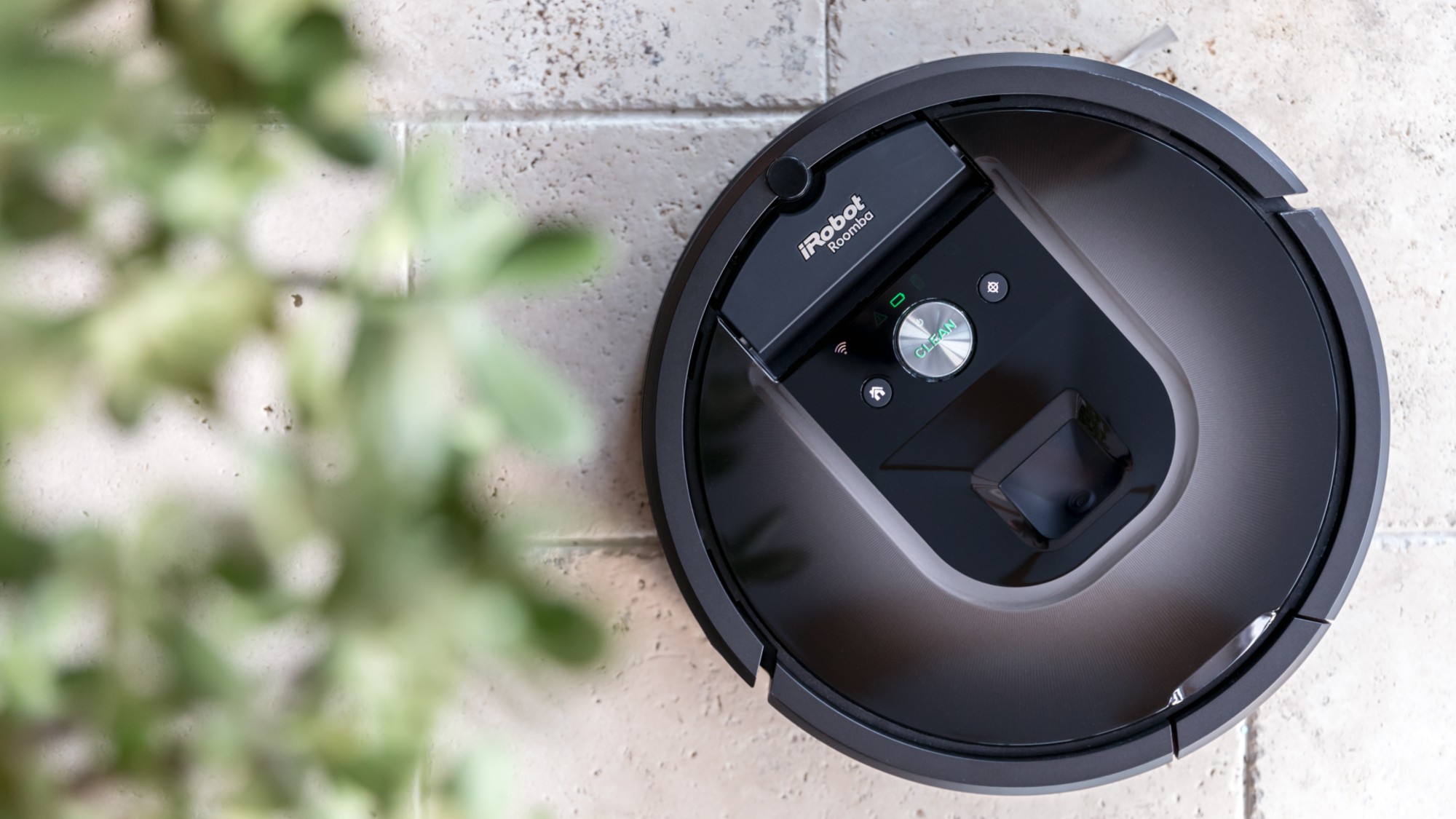Who is winning the US-China chip war?
A fight for the future of advanced manufacturing


A free daily email with the biggest news stories of the day – and the best features from TheWeek.com
You are now subscribed
Your newsletter sign-up was successful
The battle for global supremacy between the United States and China comes down to one sector: Semiconductor chips. That contest is "entering a new phase," Bloomberg said, as the American government pumps $100 billion into subsidies for tech firms and China builds dozens of new facilities to strengthen its own supply chain. China is the "largest global supplier" of older "legacy chips," but the Biden administration is aiming to use its investment to help control nearly 30% of the overall chip market by 2032.
China isn't standing pat. Beijing has authorized its own "massive barrage" in the so-called "chip war," Forbes said. It created a new fund, valued at $47.5 billion, to help make China "self-sufficient in producing and advancing semiconductor technology" and even to "assume a dominant role" that will allow it to sideline Taiwan — a chip-manufacturing powerhouse that also sits at the center of U.S.-China tensions. The stakes are high. Maneuvers in the chip war "will reverberate in every high-tech boardroom and war room worldwide."
What did the commentators say?
Right now the electronics industry depends on a "fragile semiconductor supply chain" that stretches from Europe to Asia, said The Economist. "The chip war threatens to bludgeon it." A world "divided into two semiconductor blocks" in the United States and China would try to replicate and replace the current "cat's cradle of relationships" that makes possible our current tech-driven lives. That won't be easy. And it's frustrating to tech executives around the world. "Many in the industry understand America's desire to thwart China," but they're not so sure the aim is noble: It looks to them more like America is acting on a "selfish desire to preserve its economic dominance."
The Week
Escape your echo chamber. Get the facts behind the news, plus analysis from multiple perspectives.

Sign up for The Week's Free Newsletters
From our morning news briefing to a weekly Good News Newsletter, get the best of The Week delivered directly to your inbox.
From our morning news briefing to a weekly Good News Newsletter, get the best of The Week delivered directly to your inbox.
Chinese leader Xi Jinping "needs the smallest and fastest chips to fulfill his dream of transforming China into a technology powerhouse," Michael Schuman said at The Atlantic. Despite its lead in legacy chips, the country needs America and its allies to share technology to make progress in more advanced semiconductor manufacturing. That "tells us a lot about the true balance of power between the U.S. and China," Schuman said. His verdict: "China is losing the chip war."
What next?
"Now comes the hard part" for U.S. manufacturers, said The Wall Street Journal. Money from the government is giving the sector a "big boost" and putting the American chip industry "back on a more stable path." But there are limits to what can be accomplished — other countries in Europe and Asia are also increasing their investment, "underscoring how the global race to produce more of the most advanced semiconductors is expanding and accelerating."
That race has produced a worldwide total of $1.2 trillion in commitments to semiconductor manufacturing outside of China, said Quartz. If all that manufacturing doesn't take place in the United States, one expert said, there will still be benefits. "The more capacity we build outside of China, and frankly, outside of Taiwan, the better off we'll be in reducing China's ability to threaten us and reduce our dependence on China."
A free daily email with the biggest news stories of the day – and the best features from TheWeek.com
Joel Mathis is a writer with 30 years of newspaper and online journalism experience. His work also regularly appears in National Geographic and The Kansas City Star. His awards include best online commentary at the Online News Association and (twice) at the City and Regional Magazine Association.
-
 Health insurance: Premiums soar as ACA subsidies end
Health insurance: Premiums soar as ACA subsidies endFeature 1.4 million people have dropped coverage
-
 Anthropic: AI triggers the ‘SaaSpocalypse’
Anthropic: AI triggers the ‘SaaSpocalypse’Feature A grim reaper for software services?
-
 NIH director Bhattacharya tapped as acting CDC head
NIH director Bhattacharya tapped as acting CDC headSpeed Read Jay Bhattacharya, a critic of the CDC’s Covid-19 response, will now lead the Centers for Disease Control and Prevention
-
 Are Big Tech firms the new tobacco companies?
Are Big Tech firms the new tobacco companies?Today’s Big Question A trial will determine whether Meta and YouTube designed addictive products
-
 Can Europe regain its digital sovereignty?
Can Europe regain its digital sovereignty?Today’s Big Question EU is trying to reduce reliance on US Big Tech and cloud computing in face of hostile Donald Trump, but lack of comparable alternatives remains a worry
-
 Claude Code: Anthropic’s wildly popular AI coding app
Claude Code: Anthropic’s wildly popular AI coding appThe Explainer Engineers and noncoders alike are helping the app go viral
-
 TikTok finalizes deal creating US version
TikTok finalizes deal creating US versionSpeed Read The deal comes after tense back-and-forth negotiations
-
 What is Roomba’s legacy after iRobot bankruptcy?
What is Roomba’s legacy after iRobot bankruptcy?In the Spotlight Tariffs and cheaper rivals have displaced the innovative robot company
-
 The robot revolution
The robot revolutionFeature Advances in tech and AI are producing android machine workers. What will that mean for humans?
-
 Australia’s teen social media ban takes effect
Australia’s teen social media ban takes effectSpeed Read Kids under age 16 are now barred from platforms including YouTube, TikTok, Instagram, Facebook, Snapchat and Reddit
-
 Texts from a scammer
Texts from a scammerFeature If you get a puzzling text message from a stranger, you may be the target of ‘pig butchering.’
